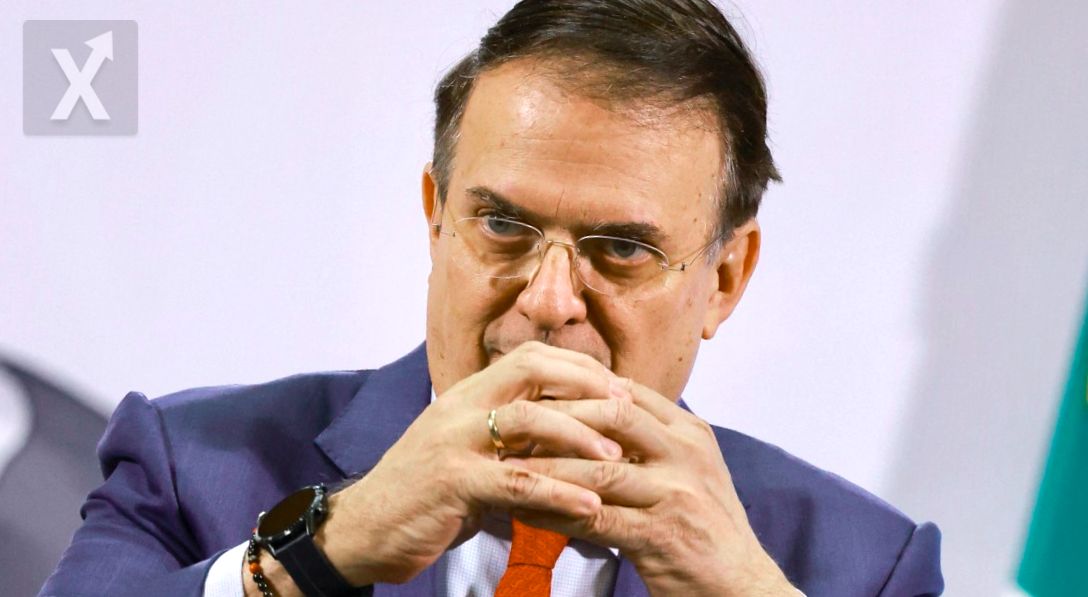Increase of Billionaires in Mexico: An Analysis of AMLO's Administration

During the administration of Andrés Manuel López Obrador, the number of billionaires in the country rose from 10 to 22, according to Oxfam Mexico's report "Benefits in Flight." This organization emphasizes that, amid an uncertain political and economic environment, the current economic model favors the accumulation of wealth in the hands of a few, perpetuating a historical cycle of "dispossession and extraction."
The report calls for questioning the type of economic model that is desired for the well-being of the majority, not just a select few. During López Obrador's term, 14 new billionaires have emerged in the country, most of whom are heirs or successors of family fortunes. Notable examples include Alejandro Baillères, who inherited his deceased father's fortune, and several successors from the Beckmann dynasty. Oxfam argues that the Mexican economic structure is based on a system that dates back before Independence and is supported by four principles: The Take: Some families or companies seize public resources through manipulation or coercion. The Deal: They develop mechanisms and institutions to ensure their ongoing benefits. The Grab: They exclude the majority of the population from accessing the same advantages. And they call it merit: They promote the idea that anyone can achieve wealth through effort, when in reality, they work to enrich only a small number of people.
The report notes that this logic is most evident in three sectors: Banking and financial services, where Mexico ranks among the top five countries for banking profits relative to its economy. From 2019 to 2023, the main banks in the country extracted almost half of their profits abroad. Oxfam highlights that banks’ incomes largely come from fees and interest rates, which are much higher than in other countries like Europe, the United States, Argentina, or Brazil. Since 2000, banking fees have doubled, and during López Obrador's term, the net profits of the banking sector reached a record 1.2 trillion pesos.
Regarding water concessions, although the Constitution guarantees access to water as a human right, this resource has become a market commodity, enabling its monopolization. Oxfam points out that, if the daily legal usage limit were taken into account, a person would live 18 million years to consume the amount of water that agricultural companies extract annually in Jalisco. Since the 1992 reform, the concession system has grown from 2,000 to nearly 530,000 by 2024, facilitating the privatization of water.
In the realm of tourism and hospitality, destination planning has led to beaches becoming private spaces, generating temporary and low-paying jobs, with significant wage disparities based on gender. Oxfam maintains that to sustain tourism in its current form, land and homes of local populations must be dispossessed. Despite the current government's rhetoric promoting austerity and fighting corruption, Oxfam's report indicates that wealth concentration has increased. "There can be no shared prosperity without economic justice," the document concludes, emphasizing that dispossession can be both physical, as seen in Quintana Roo, and a silent expulsion due to the rising cost of living in tourist areas.
Finally, Oxfam proposes a plan for the Mexican State in the 21st century that includes wealth redistribution, strengthening public institutions, and a regulatory framework that prioritizes collective well-being. However, the challenge remains to dismantle a model that has benefited an elite at the expense of the majority since colonial times.
It is evident that the Mexican economy faces serious challenges in the current context. In the long term, it is crucial to implement policies that promote a more equitable distribution of wealth and opportunities, in order to ensure sustainable development and social justice. Adopting a collective well-being approach could not only improve the quality of life for many but also stimulate economic growth in other productive areas.






